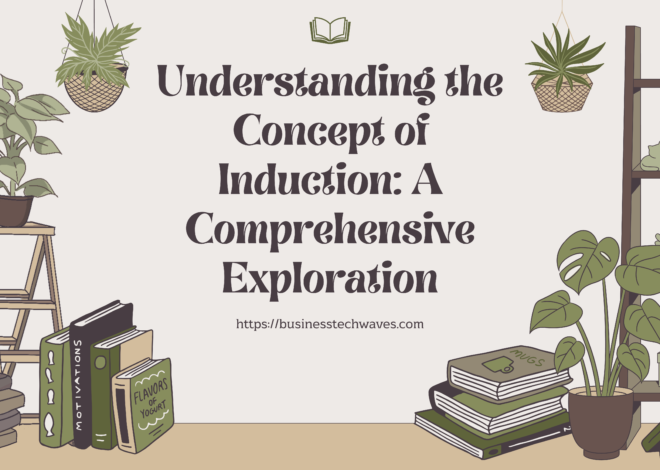
Don’t Feel Sorry for Yourself: Best Embracing Empowerment Through Self-Compassion 2024.
Don’t feel sorry for yourself self-pity is an emotional response that can be as comforting as it is detrimental. It’s a natural reaction to adversity, a way to cope with the frustration and helplessness that often accompany life’s challenges. However, wallowing in self-pity can be a significant barrier to personal growth and empowerment. Instead of focusing on self-pity, shifting towards self-compassion and resilience can lead to a more fulfilling and proactive life. This article explores why Don’t feel sorry for yourself can be counterproductive and how embracing a more empowering mindset can lead to profound personal development.
Understanding Self-Pity
Don’t feel sorry for yourself is characterized by a deep, often paralyzing sense of victimhood. It involves dwelling on one’s own misfortunes and feeling that the world is unfairly stacked against oneself. This emotional state can be triggered by various factors, such as a personal setback, a failure, or even ongoing stress and anxiety. While self-pity can offer temporary relief by providing a sense of validation or understanding from others, it often comes at a cost.
The primary issue with Don’t feel sorry for yourself is that it can trap individuals in a cycle of negativity and helplessness. When people indulge in self-pity, they may find themselves ruminating on their problems rather than seeking solutions. This can create a mindset where one feels powerless to change their situation, leading to a lack of motivation and initiative. Additionally, self-pity can isolate individuals from supportive relationships, as others may struggle to empathize with someone who seems stuck in a negative narrative.
The Cost of Don’t feel sorry for yourself
The emotional toll of don’t feel sorry for yourself extends beyond mere feelings of sadness. It can have tangible effects on one’s mental and physical health. Chronic self-pity can contribute to depression and anxiety, as it often involves a deep sense of resignation and helplessness. This negative emotional state can also impact relationships, as friends and family may become frustrated or exhausted by the constant focus on one’s woes.
Don’t feel sorry for yourself can also hinder personal and professional growth. When individuals focus too much on their misfortunes, they may neglect opportunities for self-improvement or fail to take proactive steps toward their goals. This can create a self-fulfilling prophecy where the individual remains stagnant, reinforcing their belief that they are powerless to effect change.
Embracing Self-Compassion
Rather than succumbing to don’t feel sorry for yourself, a more constructive approach is to practice self-compassion. Self-compassion involves treating oneself with the same kindness and understanding that one would offer a friend facing similar difficulties. This approach encourages individuals to acknowledge their struggles without becoming overwhelmed by them.
Self-compassion consists of three key components:
- Self-Kindness: This involves being gentle and understanding with oneself, especially during times of failure or difficulty. Instead of harsh self-criticism, self-kindness encourages individuals to offer themselves encouragement and support.
- Common Humanity: Recognizing that suffering is a universal experience can help individuals feel less isolated in their struggles. By understanding that others also face challenges, one can cultivate a sense of connection and shared experience, reducing the feeling of being singled out or uniquely victimized.
- Mindfulness: Mindfulness involves maintaining a balanced awareness of one’s emotions without becoming overwhelmed by them. It encourages individuals to observe their feelings of distress without judgment or excessive rumination.
Building Resilience
Resilience is the ability to bounce back from adversity and continue to pursue one’s goals despite setbacks. Cultivating resilience involves developing a mindset that embraces challenges as opportunities for growth rather than as insurmountable obstacles. Here are some strategies to build resilience:
- Focus on What You Can Control: Rather than fixating on factors outside your control, focus on what you can change. This might involve setting small, achievable goals or taking proactive steps to address specific challenges.
- Cultivate a Growth Mindset: Embrace the belief that abilities and intelligence can be developed through effort and learning. Viewing challenges as opportunities for growth rather than as threats can help maintain motivation and persistence.
- Seek Support and Connection: Building strong relationships with supportive friends, family, or mentors can provide valuable encouragement and perspective. Sharing your experiences with others can also help alleviate feelings of isolation and self-pity.
- Practice Gratitude: Focusing on positive aspects of your life, even amidst adversity, can help shift your perspective. Gratitude practices, such as keeping a journal of things you are thankful for, can enhance overall well-being and resilience.
- Develop Coping Strategies: Identify and practice healthy coping mechanisms, such as mindfulness, exercise, or creative outlets. These strategies can help manage stress and maintain emotional balance.
Transforming Adversity into Opportunity
Life’s challenges can serve as catalysts for personal transformation when approached with the right mindset. By reframing adversity as an opportunity for growth, individuals can learn valuable lessons and develop greater resilience. This perspective shift can lead to a more proactive and empowered approach to life.
Consider the example of someone who loses their job. While the initial reaction might be self-pity and despair, this situation can also present an opportunity to reassess career goals, acquire new skills, or pursue a passion that had previously been neglected. By focusing on what can be learned and achieved in the face of adversity, individuals can turn setbacks into stepping stones for future success.
Conclusion
Don’t feel sorry for yourself, while a natural emotional response, can hinder personal growth and well-being. Embracing self-compassion and resilience provides a more constructive approach to dealing with life’s challenges. By focusing on self-kindness, common humanity, and mindfulness, individuals can move beyond self-pity and cultivate a mindset of empowerment and growth. Building resilience through proactive strategies and viewing adversity as an opportunity for transformation can lead to a more fulfilling and empowered life. The next time you find yourself feeling sorry for yourself, remember that you have the power to shift your perspective and turn your challenges into opportunities for growth and self-improvement.


